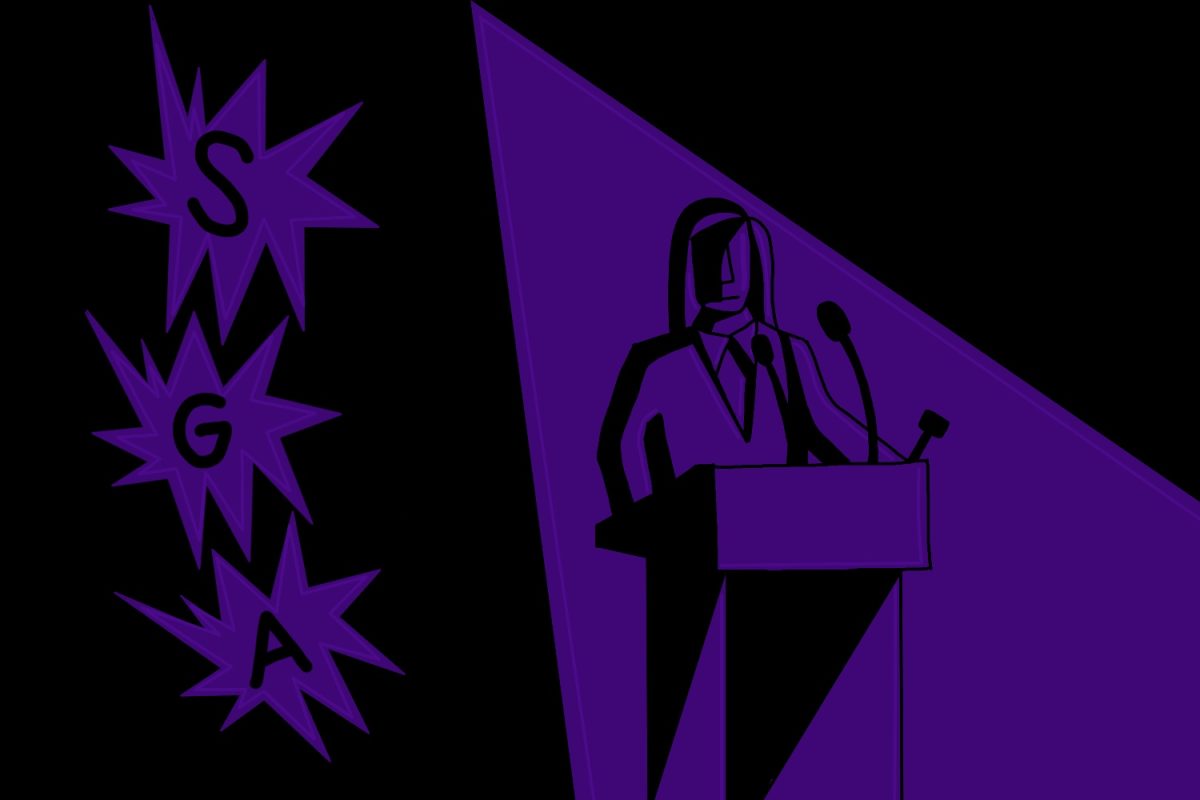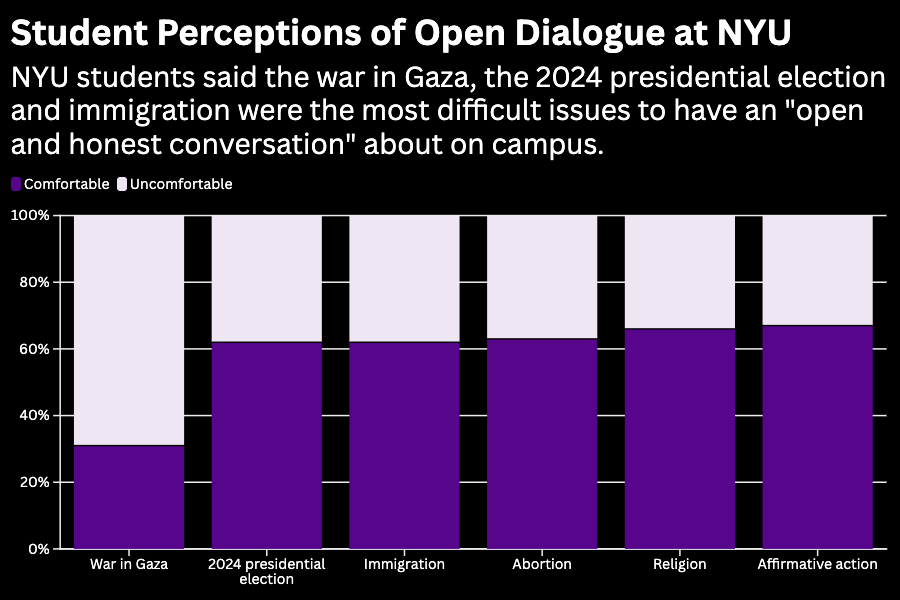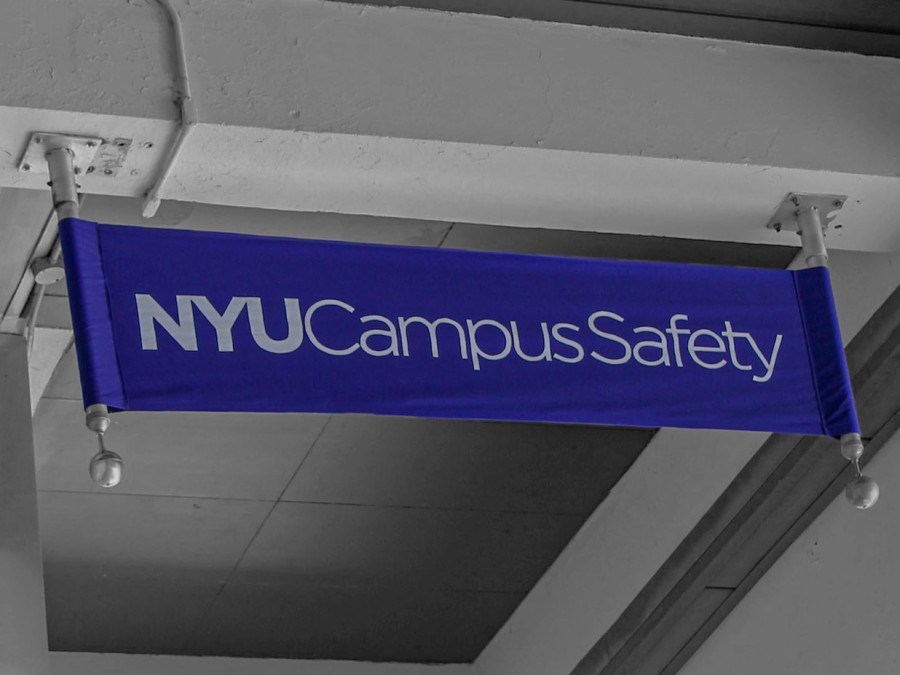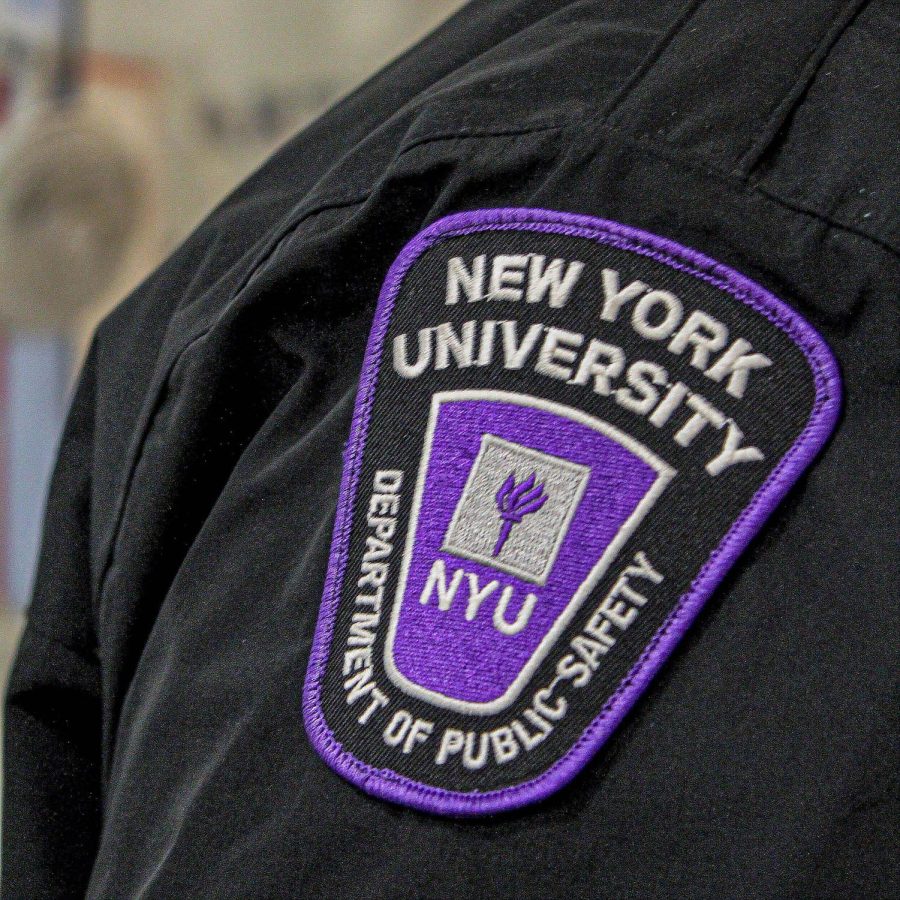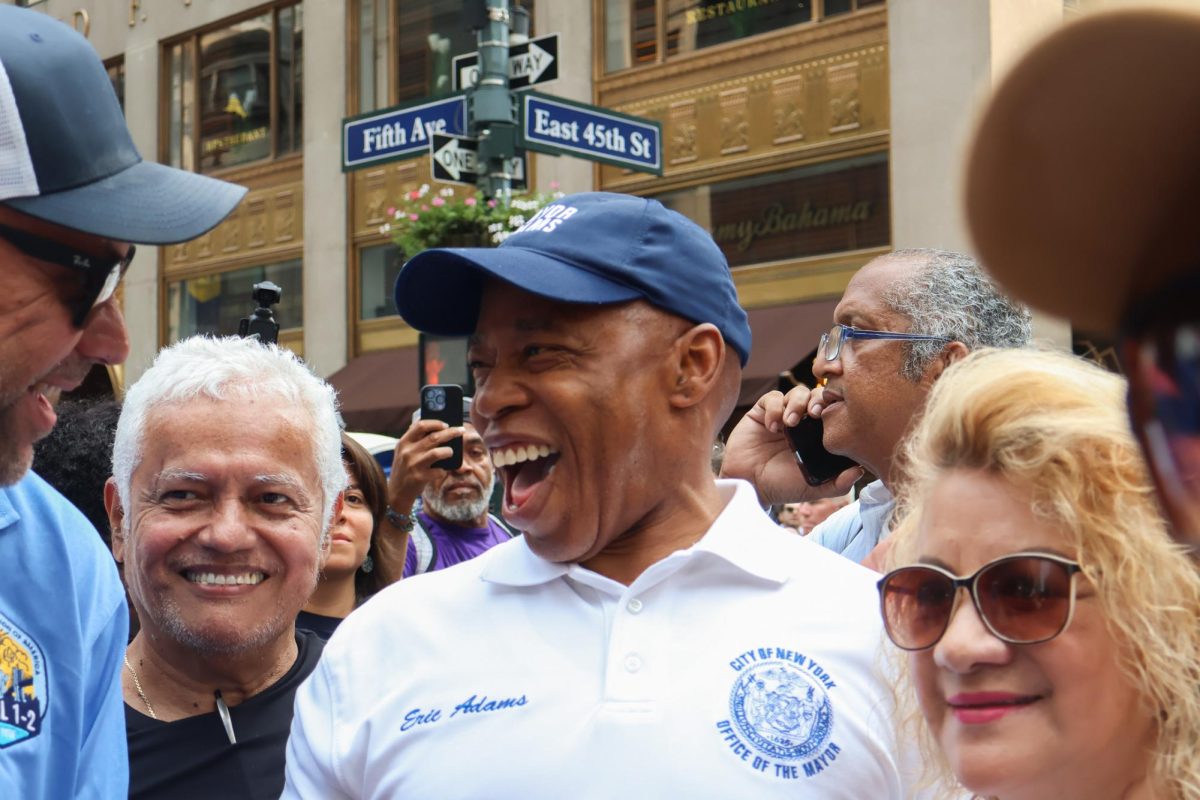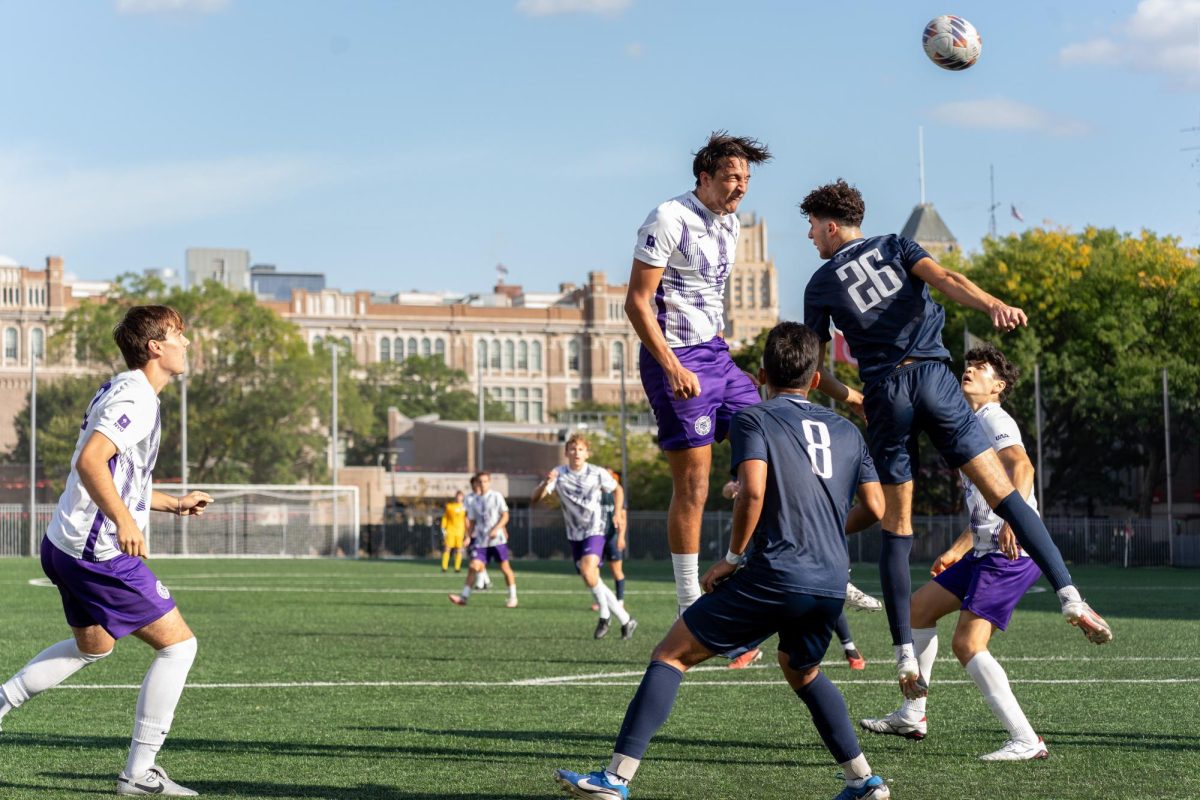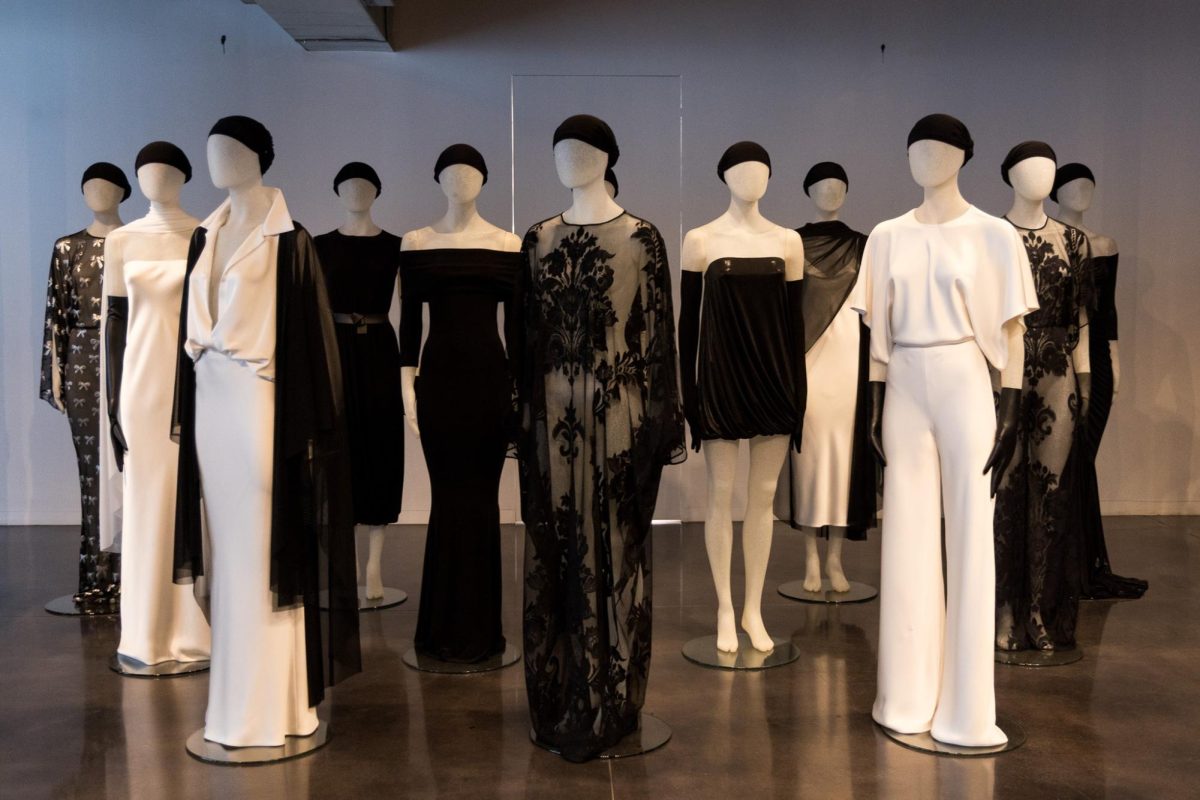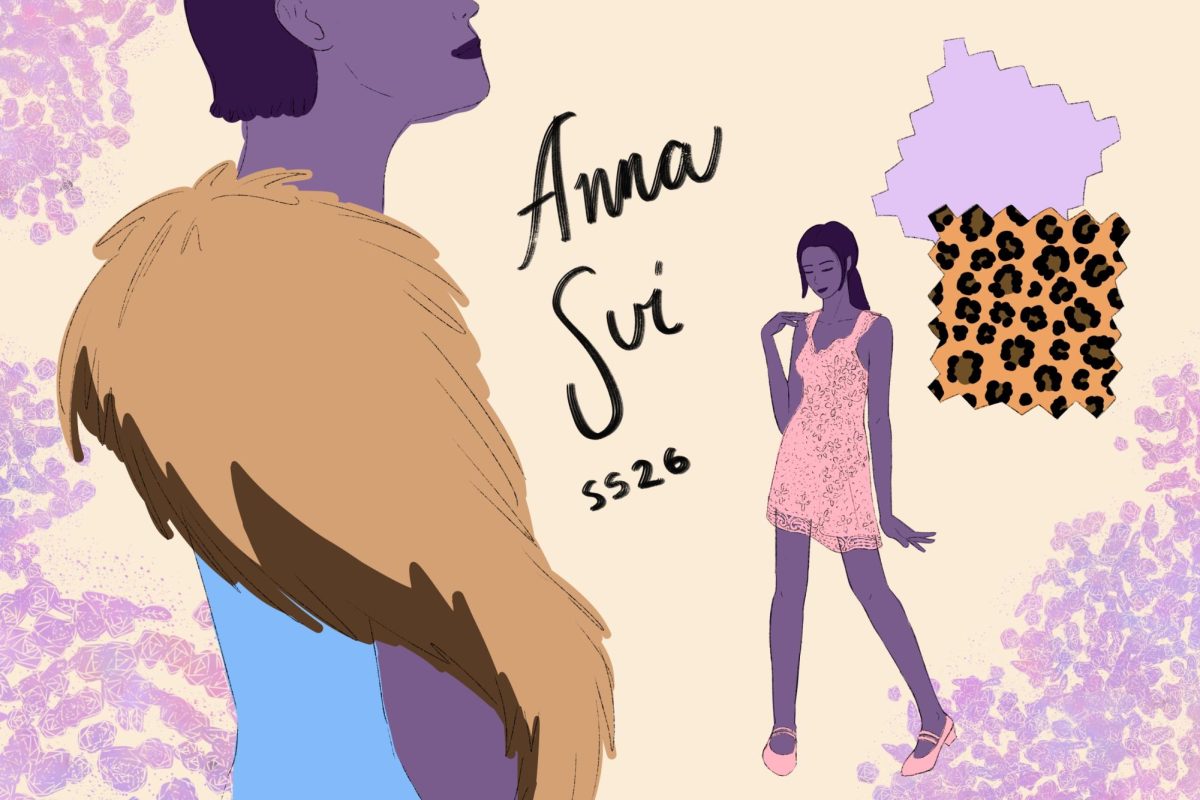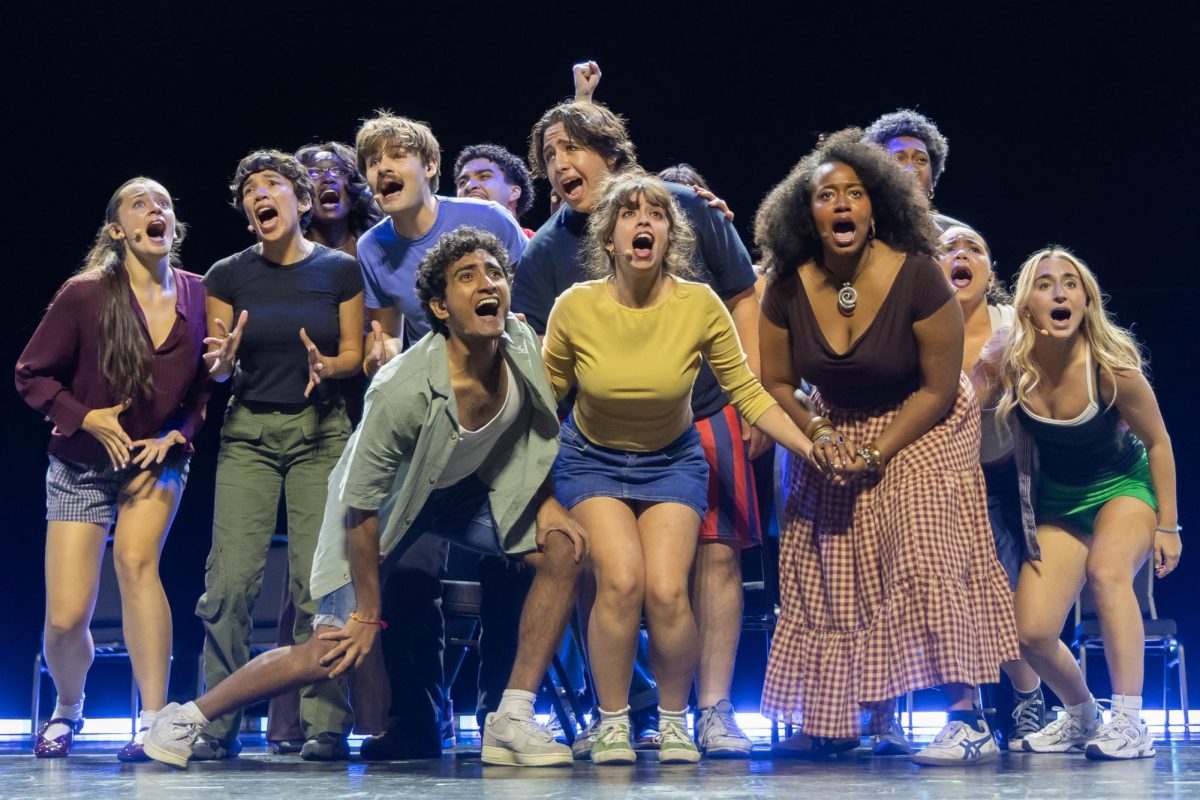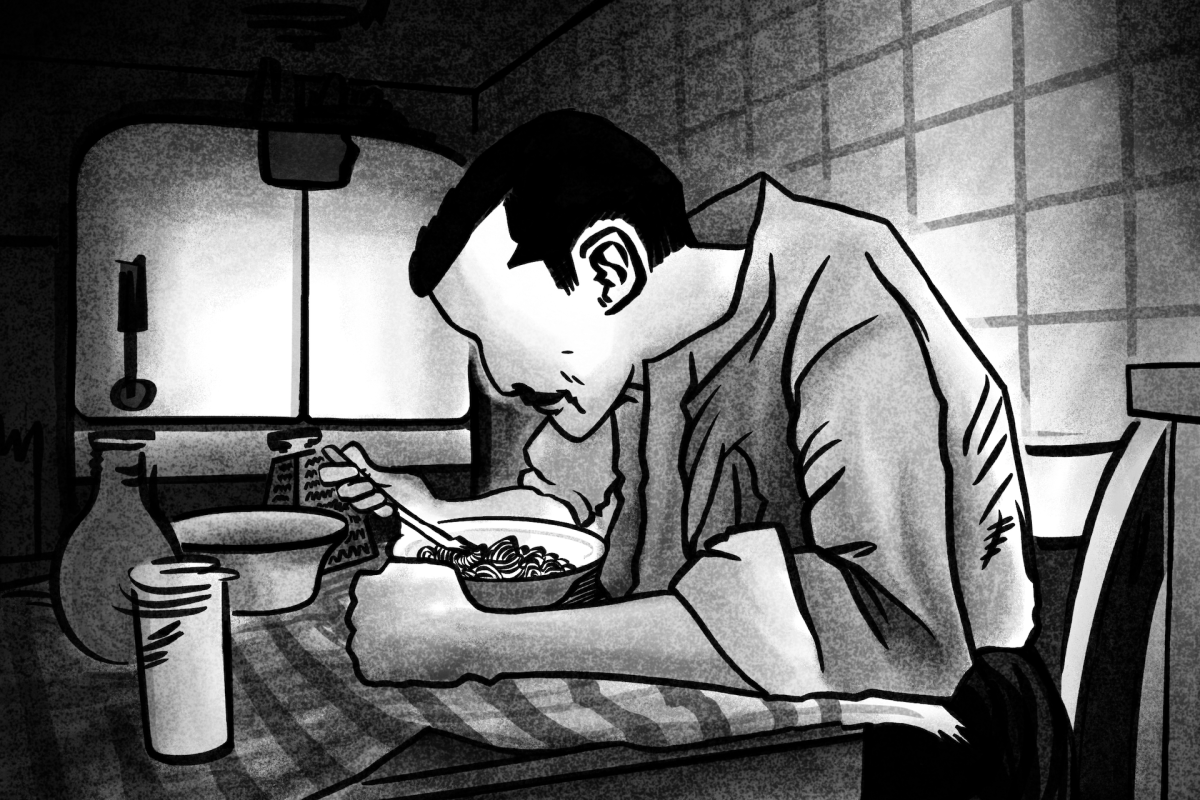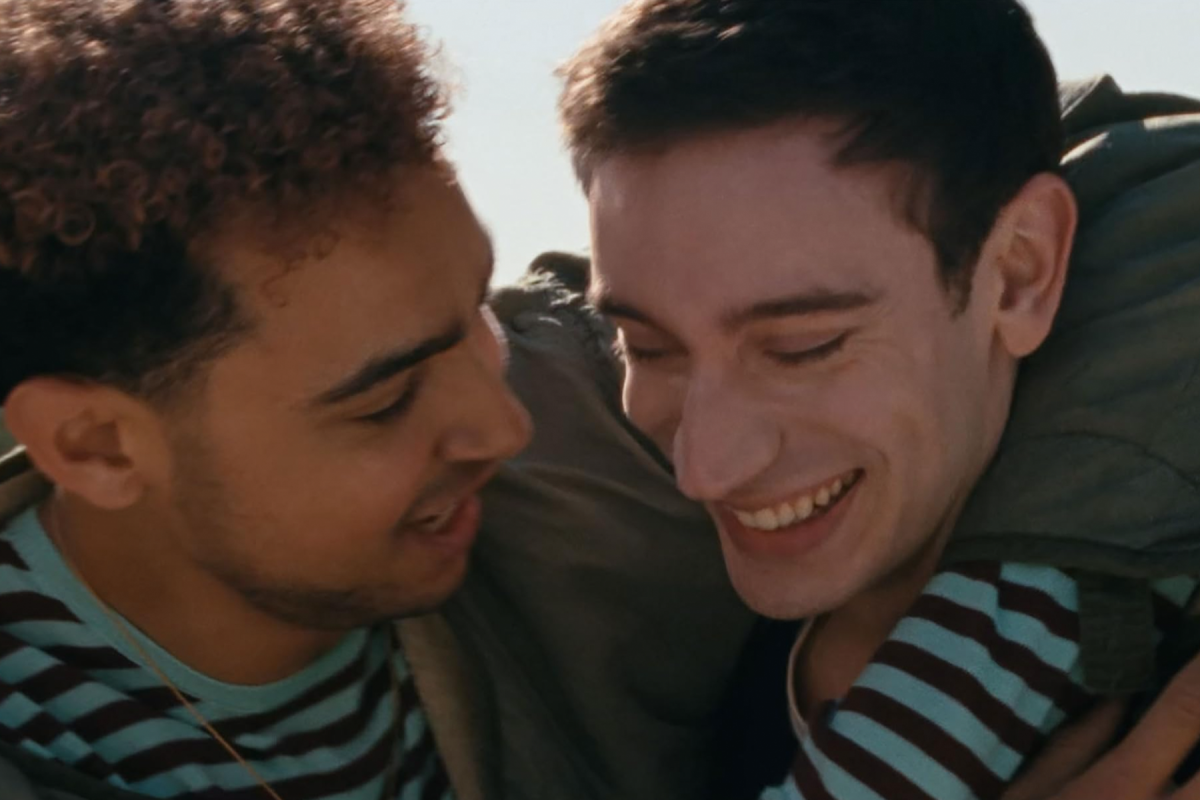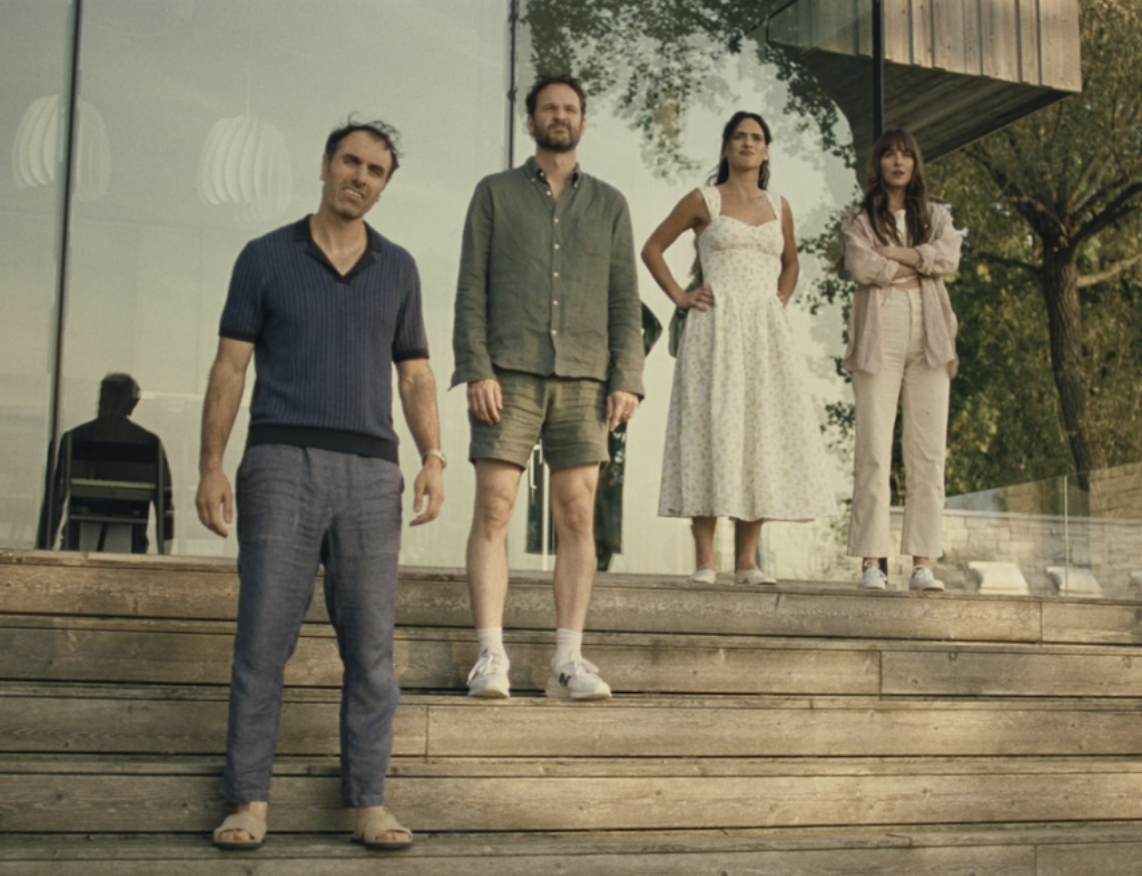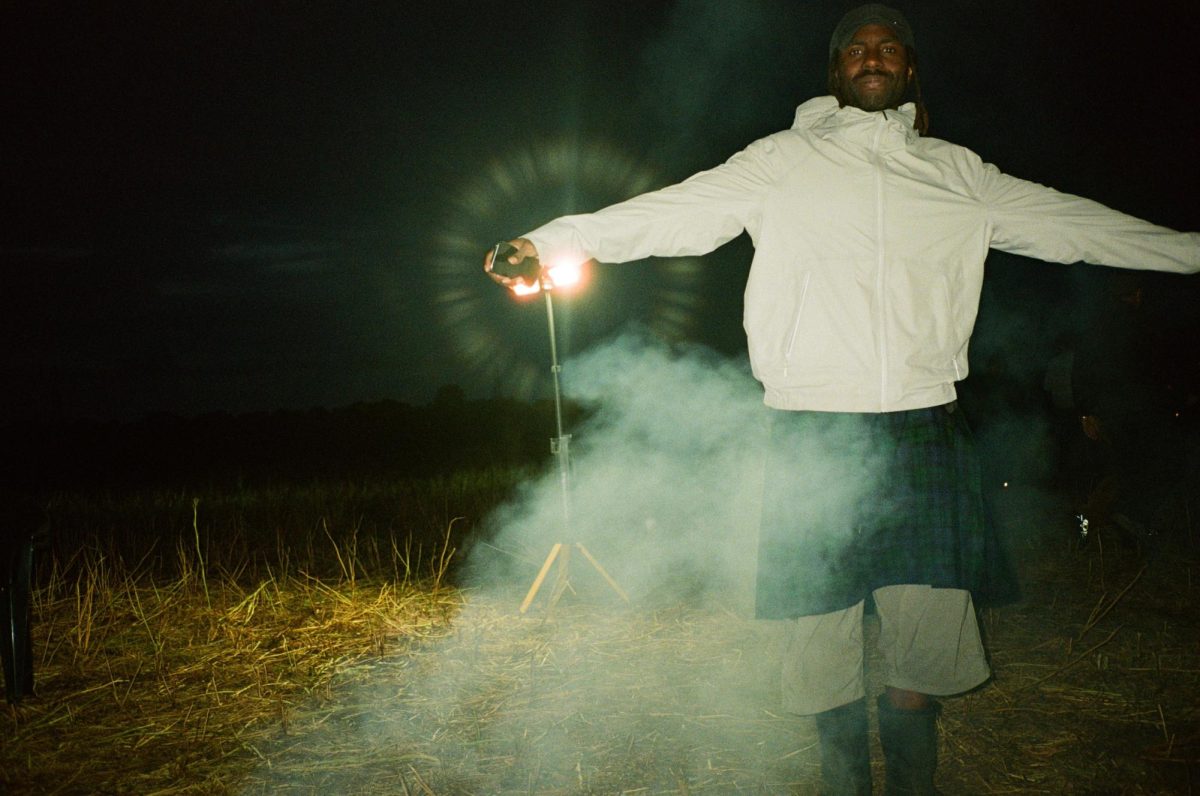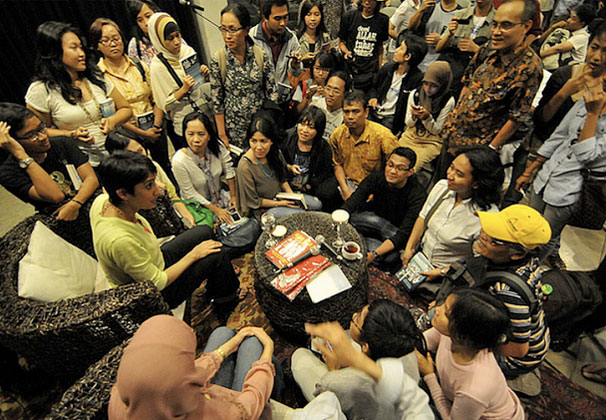
At just 14 years old, NYU Wagner professor Irshad Manji was expelled from her Islamic religious school in Canada for asking too many questions. But a brief expulsion didn’t stop her from pursuing her passion for inquiry and critical thinking. In 2008, she created the Moral Courage Project, a multimedia platform that helps shape students into global citizens.
Five years later, Manji is taking her project one step further. In 2011, she began preparations to broadcast Moral Courage around the world. On April 16, she launched Moral Courage TV, a YouTube channel dedicated to sharing the stories of morally courageous individuals.
“The intention of this channel is to reach people around the world who wouldn’t necessarily see themselves as university students, who wouldn’t get their news by reading,” Manji said at the event for the channel’s launch. “But [it is for those] who relate to deeply human stories about people who are making the change within themselves to affect change elsewhere.”
The phrase “moral courage,” originally popularized by Robert F. Kennedy, means having the backbone to stand up for things an individual is passionate about. This message has resonated with Manji.
Moral Courage episodes are uploaded every 10 days in five different languages. Previous episodes include a profile of a girl named Shelby, who advocates for sex education reform in a conservative town in Texas, and Omnia, who uses music as a means of self-expression while simultaneously advocating for Islamic reform.
Manji’s hope is to create an online community of people, like Shelby and Omnia, who question themselves and their roles in society.
“You need to stand up when others want you to sit down and that means transcending your fear of social and community disapproval,” she said.
Manji first used the Moral Courage Project with her Wagner students before releasing it onto a television platform.
“I have learned, among other things, that to have the kind of impact that I expect the work to have, you can’t confine it to the classroom,” she said.
Ismail Butera is the head of the Guidance Team, an organization Manji founded in 2011. Butera sees YouTube as an excellent platform for connecting the morally courageous.
“People need to network,” Butera said. “That’s how you bring about change, by [bringing] like minds together with their varied ideas. YouTube and the Internet are a great way to network like that.”
Manji’s message of moral courage has also reached her graduate students, like José Martí, a second-year Wagner graduate student who took a course with Manji last fall. Like Butera, Martí views the channel as a way for the Moral Courage Project to resonate with the world.
“With the creation of the Moral Courage channel, these individuals and stories will finally have a home, where they can be highlighted for viewers everywhere, many of whom are suffering in relative silence and now have a powerful channel for addressing these questions and expressing themselves,” Martí said.
Manji devotes her efforts to building up global viewership and awareness.
“This vision of Moral Courage is universal,” Manji said. “Every human community needs its constructive dissonance, its tender radicals, and so we’ve got to go global with this.”

